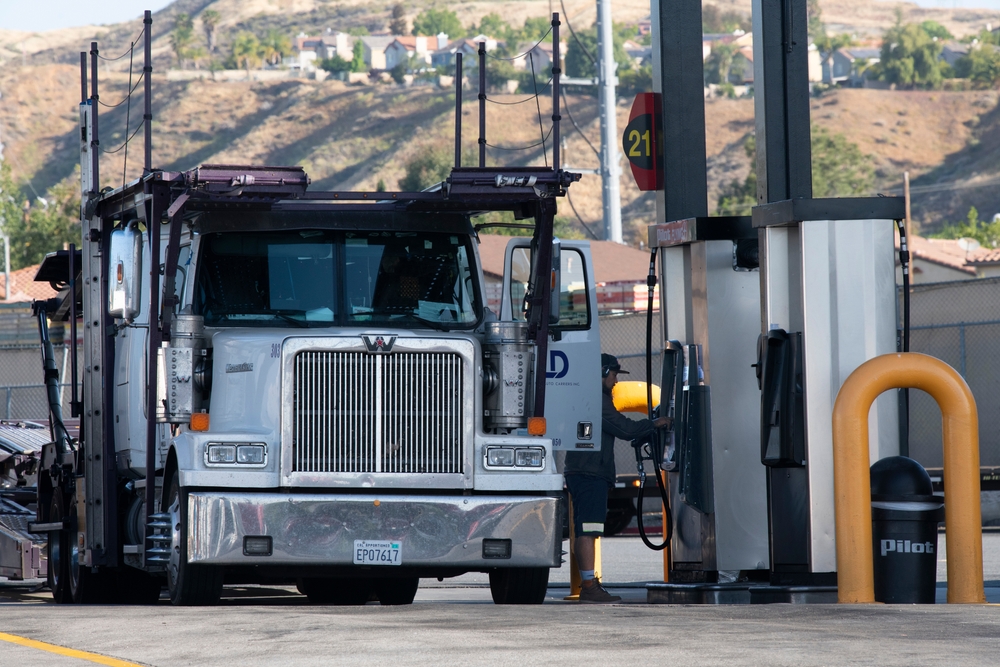
Renewable diesel, a drop-in fuel for diesel engines, is gaining momentum in the U.S. trucking industry. Suppliers, distributors, and federal energy researchers highlight its benefits, including significantly reduced carbon dioxide and nitrogen oxide emissions. According to the National Renewable Energy Laboratory, renewable diesel reduces carbon intensity by an average of 65% compared to petroleum diesel.
Operational Benefits
Beyond environmental advantages, renewable diesel also lowers maintenance costs. Timothy Johnson, SVP and GM for Diesel Direct West, noted that switching to renewable diesel eliminated issues such as diesel particulate filter (DPF) clogging and the need for forced regeneration. Using Neste’s renewable diesel, the company observed reduced maintenance costs and improved truck start-up performance without the need for block heaters.
Production and Distribution
Renewable diesel, once known as green diesel, is a hydrocarbon meeting the ASTM D975 specification for petroleum diesel. It is produced by hydrotreating feedstocks like used cooking oil. The U.S. has seen an increase in renewable diesel plants, often converting existing petroleum refineries. For instance, Neste and Marathon Petroleum converted a refinery in Martinez, Calif., to produce renewable diesel, starting production last year.
Previously confined to the West Coast, renewable diesel is expanding across the U.S. Diesel Direct now supplies Neste renewable diesel to KW Rastall Oil in New Jersey, and Sprague Operating Resources introduced it in New York. Policy and legislation, such as California’s Low Carbon Fuel Standard, play crucial roles in promoting renewable diesel adoption.
Industry Adoption and Performance
Keith Wilson, president and CEO of Titan Freight Systems, reported positive results using renewable diesel in over half of his fleet. The trucks maintained the same fuel efficiency but benefited from reduced maintenance costs and emissions. Wilson highlighted that renewable diesel effectively cleans DPF filters and reduces the need for replacements.
Technological Advances
Volvo Trucks North America announced it would fuel new trucks with hydrotreated vegetable oil (HVO), a type of renewable diesel, to decarbonize its operations. HVO offers benefits over first-generation biofuels, such as better stability and storage characteristics.
Public Awareness and Future Potential
Trucking industry figures stress the need to educate the public about renewable diesel’s advantages over biodiesel. The higher cetane number of HVO, indicating better ignition quality, results in cleaner combustion compared to petroleum diesel. Experts suggest that regional waste, such as wood residuals, could be an effective feedstock for renewable diesel.
As the trucking industry navigates the “messy middle” of decarbonization, a mix of powertrain options—including renewable diesel, hydrogen, and electric power—will be explored. While renewable diesel shows great promise, the industry continues to evaluate various methods to achieve cleaner, more efficient operations.
Source:











Leave a Comment